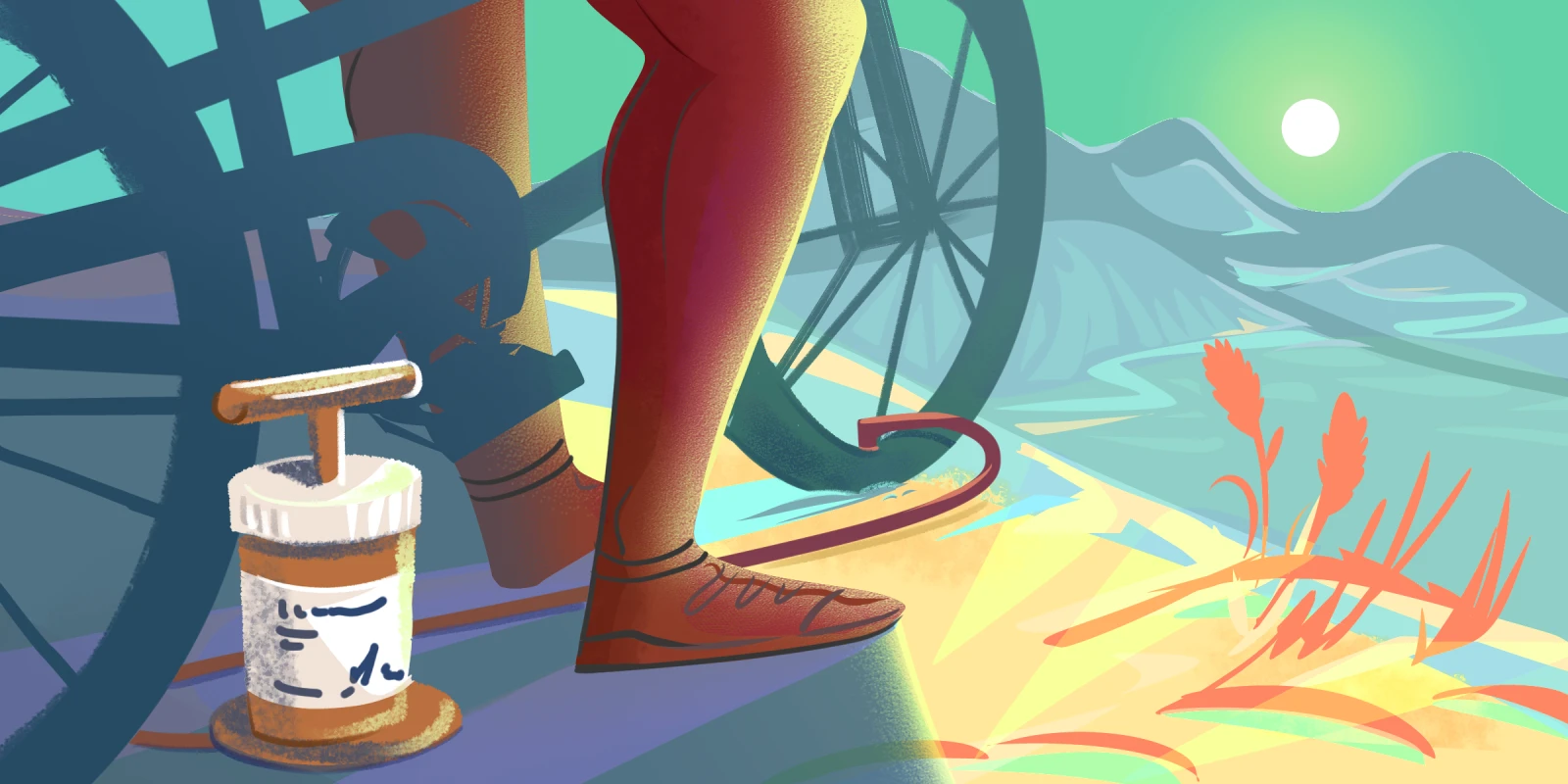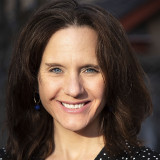I remember sitting in my Psychology 101 class as an undergraduate student learning about the various disorders listed in the DSM. With each new diagnosis presented, my reaction was, “Well shoot, I have that disorder, too — or at least one of my close friends or family members does.” At the end of the course, I recall thinking that we all must have some bits and pieces of most of the diagnoses listed in the book. I kept pondering how it was agreed upon where the line between quirky, unique, and disordered was drawn — because to me, it seemed somewhat hazy.
Many, many years later, I sit in an exam room as a clinician, with a young teen being followed for ADD. I’ve seen him as a patient in my clinic for years. In fact, it still shocks me not to see a gangly little kid struggling to make it through grade school when I walk in the exam room. When I first started working with him, he was struggling with disruptive behavior in the classroom, inattention, and an inability to complete assignments. His mom was frustrated to tears, and his teachers were reaching the end of their patience. The patient himself would often look down at the floor during his visits, remorseful that he was “so bad.” Eventually, he was diagnosed with ADD and started on stimulant medication. Today, a youth who towers over me in height, he sits in my office telling me about the arduous application process for some of the top high schools in the area. His mom’s pride is palpable, and he too radiates this joy.
When I inquire about his medication, however, he explains that he thinks it is time to stop. As I nudge him for more explanation, he asks me point blank if it's him or his medication to congratulate for his accomplishments. His mom vehemently shakes her head “No” as we speak, almost in a panic. “Why would you do that at this very important time?” They both look at me, hoping for a decisive answer. It isn’t hard for me to see where each person is coming from.
I think back to Psych 101. I wasn't too much older than the age that my patient is now, asking where the line between disorders and varying degrees of humanity lies. I understand my patient's desire to declare his independence from a diagnosis with rigid walls of definition and from a medication claiming to control “unwanted behaviors.” Maybe, I think, he just wants to pop his head out of the cocoon and experience his humanness in the wide open. As a mother myself, however, I can connect with his mom’s desire for him to make the most of opportunities, and to continue with the momentum of his recent accomplishments. I nod at my patient, and nod at his mom. Yes. Yes, I say. I want to affirm them both but ...
Ultimately, I do believe that deciding what this patient puts in his body and how he chooses to traverse his path is fully up to him. And, I also believe that it is important to remember that who one fundamentally is, cannot (and should not) be “changed” to fit a checklist. I gently offer this notion to both the patient and his mom, and insist that for this patient, getting into a top school will be the result of nothing other than his effort and ethic. However, I’ve come to believe that it’s not as black and white as it sometimes seems: the hazy line of humanity that I pondered years back returns to my mind. I ask my patient if I can tell him a story.
"Imagine riding your bike up a mountain. No matter what (unless you have a motor), when you make it to the top, it will be because you used your own legs to pedal over every pebble on the trail and up every inch of elevation. However, what if on this ride, one of your tires went flat? Would it be harder — not better or more authentic — just harder? In this situation, would you consider filling your flat tire with air?" He nods his head yes. "Filling the tire is not to say that you can’t pedal up the entire mountain with a flat, it is simply acknowledging that it would be easier with the tire filled. Getting to the top of the mountain with a tire full of air, therefore, does not make the summit any less earned or impressive, the full tire becomes nothing more than a tool used along the way. Since life is guaranteed to be hard and steep at times, part of the journey is finding the right tools."
The plan we come up with is to take a medication break, and keep a daily record of the experience. The patient agrees to keep a diary, recording his thoughts, emotions, struggles, and successes in regards to school, friends, sports, etc. Then we will reconvene to review everything. One month later, the patient and his mom return to the clinic. The patient discloses that he decided to start his medication again. He found his mind was more scattered as important deadlines approached, and decided the medication helped in those situations. Asking if he feels like it is the right tool for this stage of his climb, he says yes. I hope he believes it, and believes that whatever summits he reaches are for him to claim, regardless of the tools used.
I’ve come to believe that the human experience covers a fairly wide spectrum of behaviors and emotions, but none of us are getting out of here without experiencing some flavor of challenge. The longer I work with patients, the more I agree with my undergraduate assessment that we all experience varying degrees of what has been defined as a disorder. Some individuals have more debilitating aspects of certain behaviors and symptoms, but all of us, as humans, have a similar task to find the appropriate tools for our journey. For some, medication is a critical tool, but by no means is it the only tool. The list of tools is infinite: therapy, journaling, religion, social groups, meditation, dance, art, science … The point is we have to be open to the tools as they are developed and as they come across our path. Just as a medication is not the individual, no tool in and of itself is a representative of the individual. The individual makes the choice, because the individual makes the journey.
What analogies have you used with patients? Share in the comments.
Kyra is a pediatric NP who trained in Denver, CO and now works in a neighborhood community clinic in the Bay Area. She loves having the opportunity to interact with families and their community as a whole. In her free time, Kyra enjoys spending time with her two kids doing anything that requires being outside in nature. Kyra was a 2021–2022 Doximity Op-Med Fellow and continues as a 2022–2023 Doximity Op-Med Fellow.
All names and identifying information have been modified to protect patient privacy.
Illustration by April Brust







